Partial Virus Lockdown In Madrid As US Deaths Near 200,000
A million people in and around the Spanish capital on Monday were under a new lockdown to contain another coronavirus surge, as the US death toll neared 200,000.
Top British advisors meanwhile warned that England was on course for about 50,000 coronavirus cases a day by mid-October and a rising death toll unless the public got serious about preventive action.
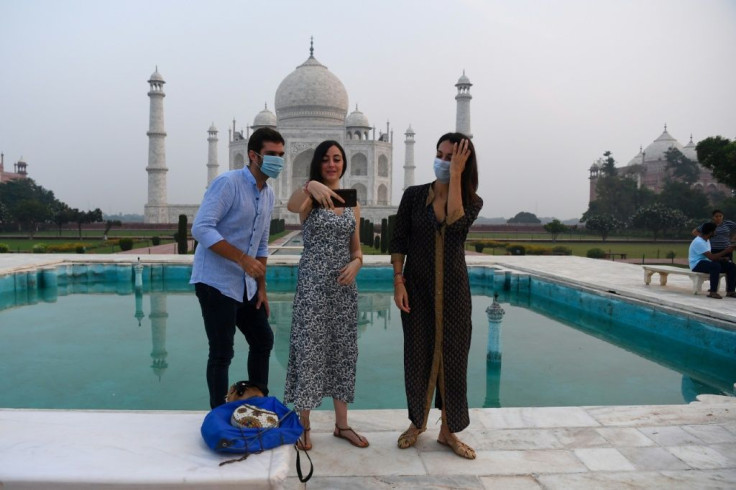
The global death toll stood at 961,531 at 1100 GMT on Monday, according to an AFP tally based on official statistics, with more than 31 million infections.
The restrictions in Madrid will last for two weeks, affecting people living mainly in densely populated, low-income neighbourhoods who will be allowed only to travel for essential reasons such as work, medical care or taking children to school.
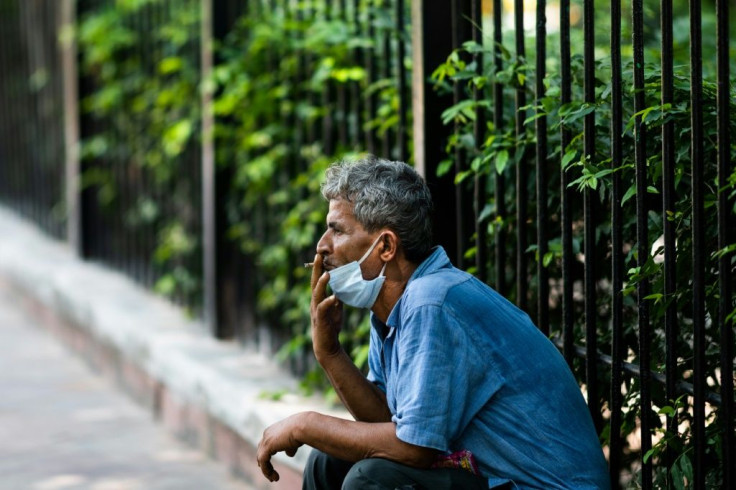
Police cars stopped vehicles at random on a main avenue in Puente de Vallecas, a working class neighbourhood in southern Madrid, to check if people had a valid reason to leave the area.
Most accepted the measures with resignation but some complained that the restrictions were not imposed across the affected region.
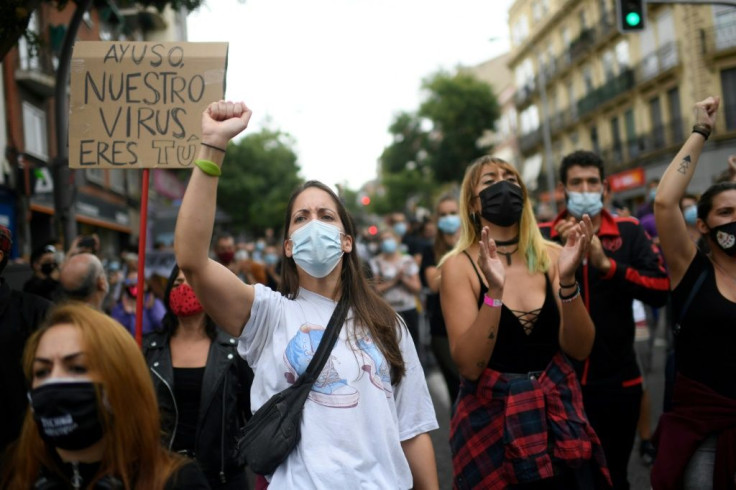
"You can't close one part of a neighbourhood and not another one, one street yes, and one street no. So, either you close everything, which will be catastrophic, or you close nothing," said Alejandro Campos, a 30-year-old travel agent.
"But first, I think that we should do something with the metro, for example. Here in Puente de Vallecas we have one of the most crowded stations in Madrid," he said.

But Gustavo Ojeda, 56, said "something had to be done" because of the new oubtreaks.
Authorities in Spain -- among the worst-hit nations in the world -- have insisted the step is necessary because virus cases in those districts were much higher than the national average.
African migrants were meanwhile still arriving en masse in Spain's Canary Islands.
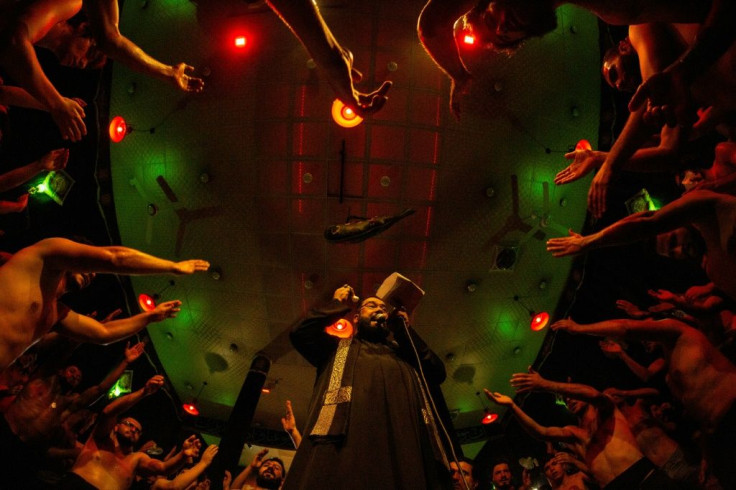
Since January, more than 5,100 migrants have made the perilous crossing from the African coast, an increase of 500 percent from the same period in 2019.
In India, infections are surging with tens of thousands of new cases being reported every day.
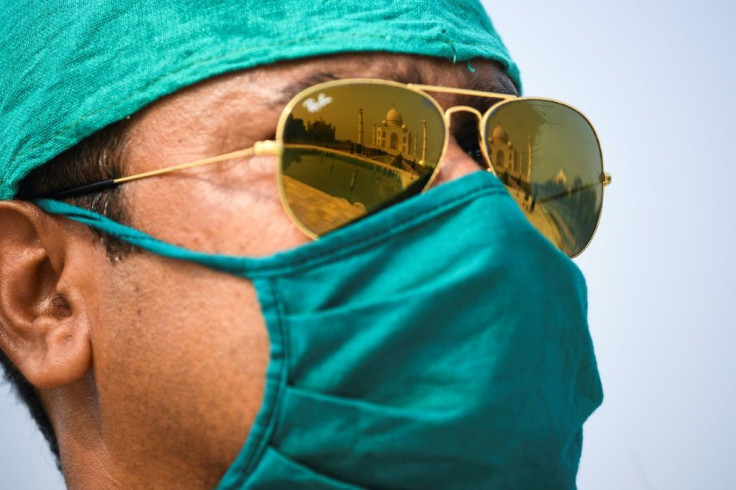
Yet, with the economy reeling, the government has gradually eased what was once among the world's strictest lockdowns and reopened the iconic Taj Mahal -- despite warnings from some experts about the virus spreading across the vast nation of 1.3 billion people.
"So many people lost their job during the lockdown. People have suffered a lot and it is time the country opens up fully," said bank official Ayub Sheikh, 35, who was visiting the Taj Mahal with his wife and baby daughter.
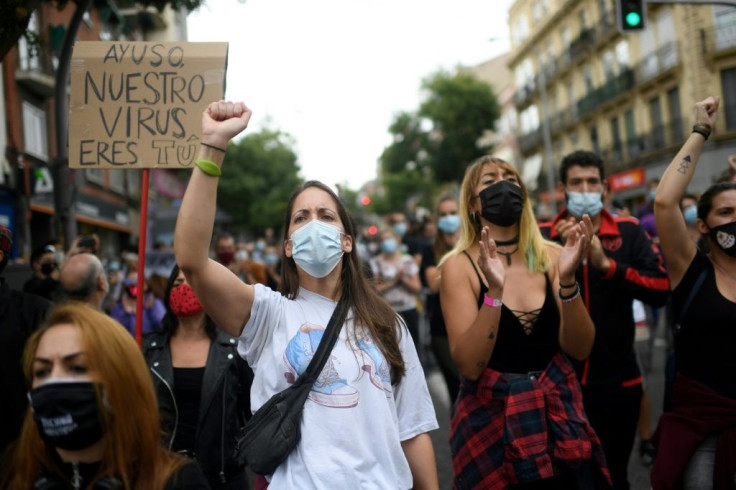
Only 5,000 visitors are allowed daily at the monument -- a quarter of usual capacity -- and all have their temperature taken by staff wearing face shields, masks and gloves.
"We have all the safety measures in place," said Vasant Swarnkar from the Archaeological Survey of India (ASI), which oversees the UNESCO world heritage site in Agra south of New Delhi.
"We want to send out the message that things are not so bad and you will be safe if you follow the instructions."
In poorer, crisis-hit parts of the world, the pandemic has piled on even more suffering.
In Iraq tens of thousands of Shiite Muslims participated in the annual mourning ceremonies of Ashura despite the government urging citizens to not attend large gatherings.
The United States remains the hardest-hit nation in the world, with more than 6.8 million cases and deaths approaching 200,000 people.
The pandemic has badly damaged the world's biggest economy, with millions left jobless, and President Donald Trump facing intense criticism of his handling of the virus.
The biggest TV awards show in America -- the Emmys ceremony -- was held in a mostly empty venue in Los Angeles on Sunday -- with host Jimmy Kimmel dubbing them "the pand-Emmys".
The theatre was filled with cardboard cutouts of A-list celebrities, and around 130 nominees joined via video link. The awards were handed to the winners by presenters dressed in hazmat suits styled as tuxedos.
The economic jitters over a feared second wave in Europe saw the top equity markets tumble 3.0 percent on Monday, following Asian bourses.
"This support will permit us to hold on less than 12 months," CEO Benjamin Smith said.
On a brighter note, New Zealand's Prime Minister Jacinda Ardern moved most of the country to its lowest virus alert setting on Monday, saying it was edging towards eliminating Covid-19.
The Pacific nation has recorded just 25 deaths in a population of five million and has been widely praised for its virus response.
© Copyright AFP 2024. All rights reserved.





















